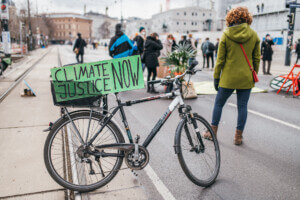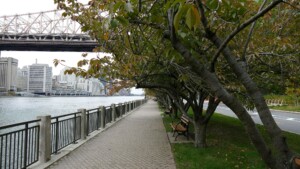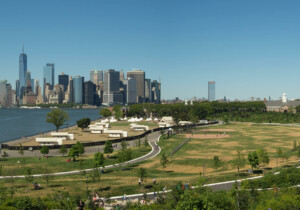New Delhi has taken emergency measures to deal with the particularly thick and noxious air that has covered India’s capital city this winter. For the first two weeks of the New Year, the city has enacted an odd-even rule, which stipulates that even-numbered license plates be allowed on the roads only on even-numbered dates, and odd-numbered license plates only on odd-numbered dates.
Because the trial intervention applies to private automobile vehicles exclusively, it has been criticized for its many loopholes. High level government officials, including India’s prime minister, chief justice, and state governors are exempt from the ban, as well as female drivers not accompanied by a male over 12 years old, and motorcycles, which are said to account for a third of emissions from vehicles. Buses, taxis, and rickshaws are also exempt.
Along with the two-week plan, the government announced that it would provide 3,000 extra buses to handle the expected increase in demand. Drivers caught violating the new policy could be fined up to 2,000 rupees, or $30.
The odd-even initiative follows a temporary ban on the registration of diesel cars with a capacity of 2,000 cubic centimeters ordered by the Supreme Court of India in December. The Court also set a time frame for all taxis to switch to compressed natural gas, which is generally less harmful to the environment.
According to the World Health Organization, New Delhi has the most polluted air of the nearly 1,600 cities around the world that it surveyed. The new measures are testament to the pressing needs to combat pollution, and follow the historic climate talks in Paris in December that committed nearly every country to lowering planet-warming greenhouse gas emissions.
Meanwhile, in Milan, air pollution has reached a record high, and cars and motorcycles were banned from city streets for 6 hours a day for three days during the first week of January. Rome also restricted traffic, enacting its own version of the odd-even rule this past week.
The initiatives in Milan and Rome come at a time when European cities are beginning to aggressively scale back on the use of automobiles. Milan has proclaimed an incremental approach to expel cars from the city center. In Paris, motorists are to be completely barred from the River Seine by the summer of 2016, and all non-electric or hybrid vehicles are to be purged from Paris streets by 2020.
Similar efforts have been endorsed in Madrid, Brussels, and Dublin.










